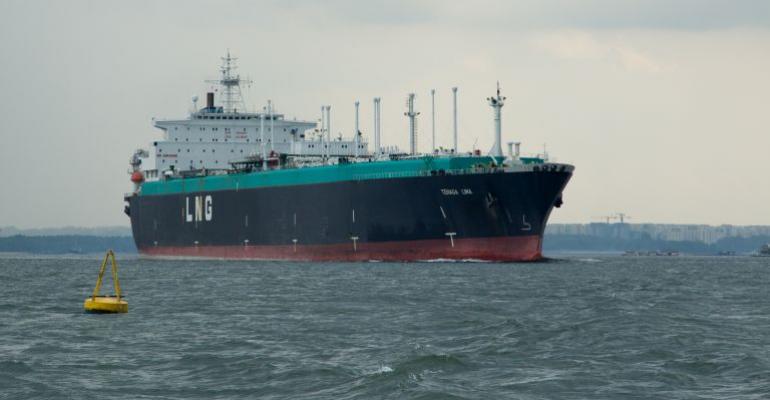Dynagas LNG Partners, which has three of its six vessels on charter to Gazprom (Singapore) and two to Yamal LNG (Singapore), climbed more than 16% to $3.50 while Flex LNG rose by 10.5% to $28.78 and Höegh LNG Partners surged to $6.22, an increase of 13.5%.
However, while LNG owners may be attracting interest, tanker owners face another dispiriting decline in rates as sanctions take a huge chunk out of tonne miles. London shipbroker, Gibson, notes an International Energy Agency (IEA) warning that Russian exports of crude and products could fall by 2.5m barrels per day (bpd) as energy companies stop buying.
The backdrop is not clear, Gibson notes, in a recent market report. There are ‘some indications’ that India will continue to trade with Russia as the country’s central bank is understood to be in consultations on a rupee-rouble trade arrangement, the broker said. So far, the country has been procuring short-term supplies, with a number of crude cargoes fixed out of the Black Sea. India is under considerable pressure, however, with oil demand projected to grow by around 300,000 bpd this year.
Meanwhile, the largest market that is still open to Russian exports – China – is also fraught with uncertainty. As the country’s biggest city with 25m inhabitants, Shanghai, launches the first of a two-phase lockdown today, energy demand is unusually weak. Gibson notes that the country’s aim for clean air during the Olympics and restrictions on manufacturing had already cut demand, while the increase in Covid cases now constitutes an even bigger cause for concern.
Chinese crude imports were down by more than 9% year-on-year in January and February to an average of 9.9m bpd, Gibson said. However, more than 45 million people are now estimated to be affected by mobility restrictions, according to the broker, with new Covid cases reported across two dozen provinces and a number of cities locked down in recent weeks. As cases surge and the country continues to pursue its zero-Covid strategy, the outlook is far from clear.
Copyright © 2024. All rights reserved. Seatrade, a trading name of Informa Markets (UK) Limited.
Add Seatrade Maritime News to your Google News feed.  |

